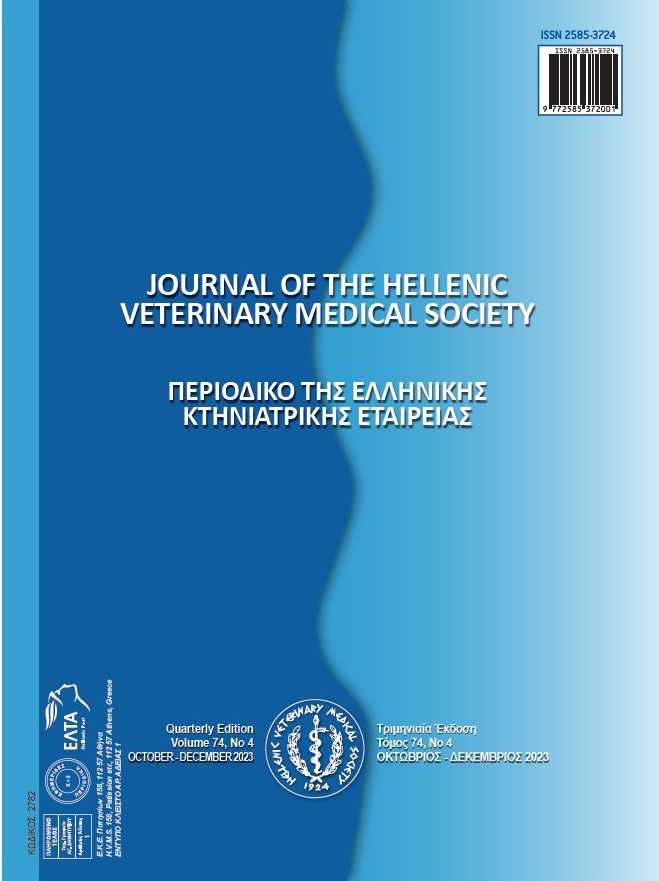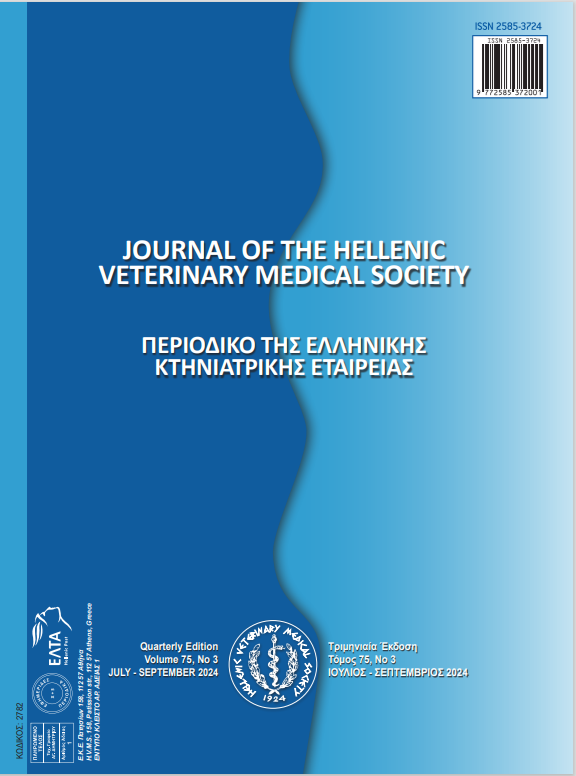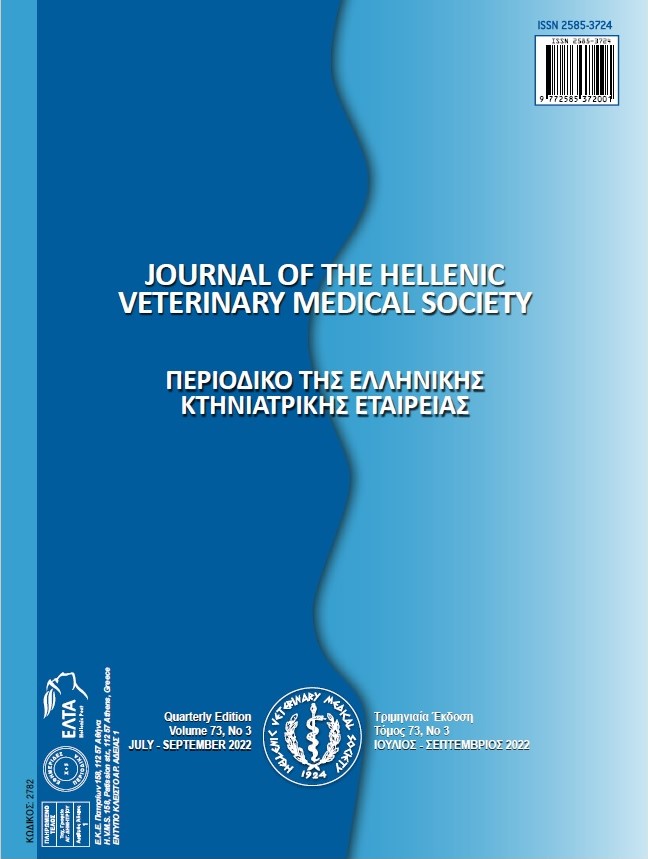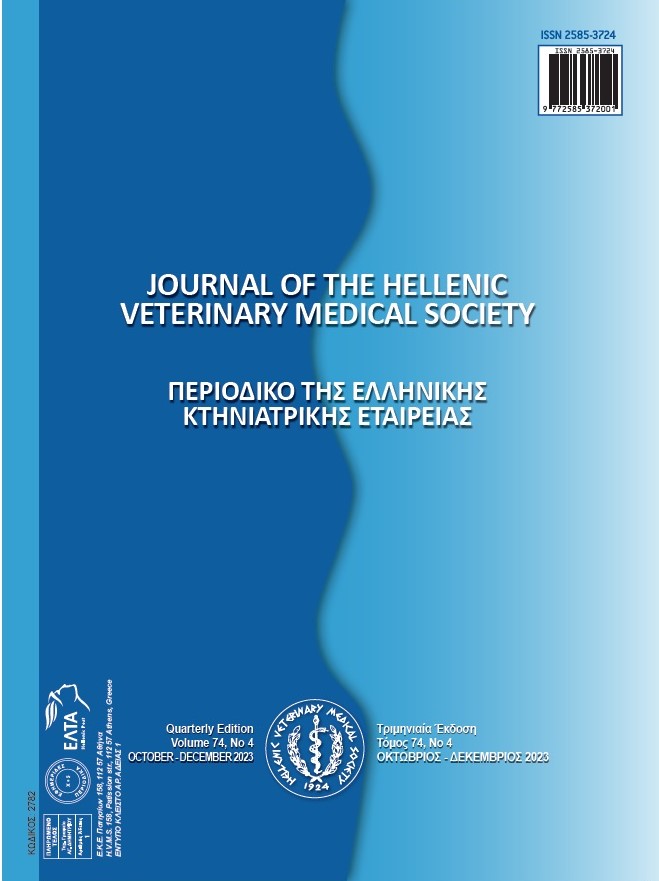The effect of in ovo injection with organic selenium on the hatchability of broiler breeder hen eggs and evaluation of performance, carcass characteristics, blood constitutes, liver enzymes, immunity, cecum microbiota and breast meat fatty acid profile in their broiler chickens
Resumen
This research aims to investigate the effect of in ovo injection of organic selenium on the hatchability of breeder hen eggs and evaluation of performance, carcass characteristics, blood biochemical parameters, liver enzymes, immune system response, cecum microbiota and breast fatty acid profile in production broiler chickens. 320 fertile eggs with the same average weight (65 ± 1 g) were selected from the Ross308 breeder hens (55 wks. old) for injection. Four experimental treatments include, treatment 1: negative control group (no injection), treatment 2: positive control (injection of 0.272 ml of normal saline solution), treatment 3: injection of 0.272 ml of a solution containing 5 μg/ml of organic selenium (1.36 μg for each egg) and treatment 4: injection of 0.272 ml of a solution containing 15 μg/ml of organic selenium (4.08 micrograms for each egg). A total of 160 chickens were hatched based on a completely random design with 4 replications and ten birds per replication in three breeding periods including starter (1-14 days old), growth (15-28 days old) and finisher (29-42 days old) with diets based on corn-soybean meal and they were formulated on the recommended requirements. The results showed that the hatchability percentage was the highest in the group without injection (negative control) and on the other hand, in the groups injected with selenium, it was higher than the injected control group for the mentioned traits (P <0.05). After organic selenium injection, no negative effects on production performance, carcass traits and gastrointestinal tract were observed in the whole period (P> 0.05). The results of blood biochemical parameters showed that with the in ovo injection of organic selenium, cholesterol, atherogenic index, levels of liver enzymes, alkaline phosphatase and creatine kinase increased significantly (P> 0.05), while the amount of leukocytes decreased (P <0.05), which indicates the sensitivity of chickens to injected Se which caused a reduction in bird health parameters. Of course, the results of the intestinal microbiota showed that the groups injected with organic selenium had a noticeable decrease in Escherichia coli and coliform population (P <0.05). In conclusion, the results showed that the levels and form of organic selenium in ovo injected in the present study did not have a positive effect on the hatchability percentage. hatchability percentage. However, there were no negative effect on performance, carcass characteristics or gastrointestinal tract as the birds grew. In addition, blood health parameters and immune system parameters were not improved by selenium injection, but there was an improvement in intestinal microbiota.
Article Details
- Cómo citar
-
Yaripour, M., Seidavi, A., & Bouyeh, M. (2024). The effect of in ovo injection with organic selenium on the hatchability of broiler breeder hen eggs and evaluation of performance, carcass characteristics, blood constitutes, liver enzymes, immunity, cecum microbiota and breast meat fatty acid profile in their broiler chickens. Journal of the Hellenic Veterinary Medical Society, 75(1), 7111–7126. https://doi.org/10.12681/jhvms.34215
- Número
- Vol. 75 Núm. 1 (2024)
- Sección
- Research Articles

Esta obra está bajo una licencia internacional Creative Commons Atribución-NoComercial 4.0.
Authors who publish with this journal agree to the following terms:
· Authors retain copyright and grant the journal right of first publication with the work simultaneously licensed under a Creative Commons Attribution Non-Commercial License that allows others to share the work with an acknowledgement of the work's authorship and initial publication in this journal.
· Authors are able to enter into separate, additional contractual arrangements for the non-exclusive distribution of the journal's published version of the work (e.g. post it to an institutional repository or publish it in a book), with an acknowledgement of its initial publication in this journal.
· Authors are permitted and encouraged to post their work online (preferably in institutional repositories or on their website) prior to and during the submission process, as it can lead to productive exchanges, as well as earlier and greater citation of published work.






